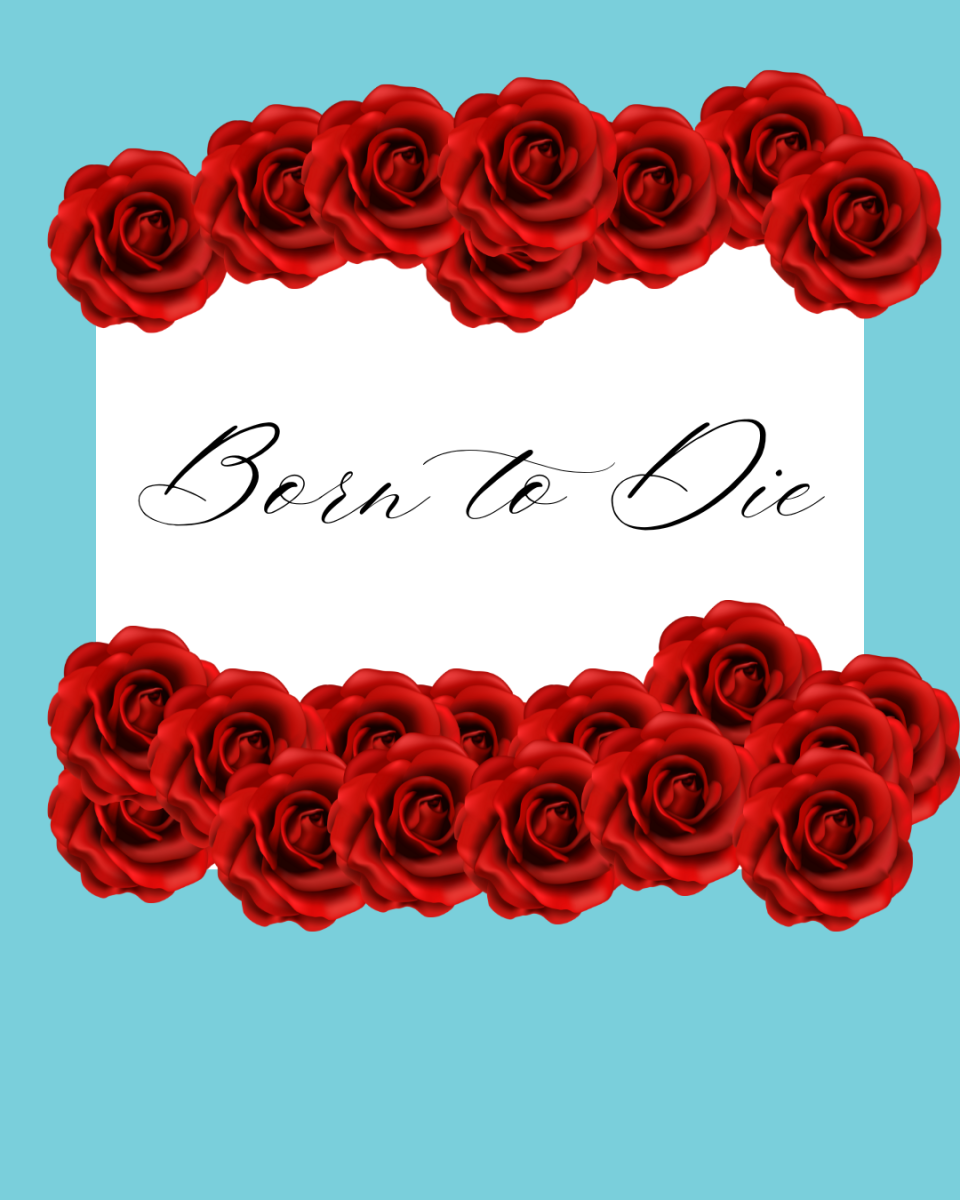Born to Die is the second studio album from artist Lana Del Rey. It debuted in 2012, and has since been certified five times platinum by the RIAA for album units equivalent to five million. Born to Die has been coined as one of “The 100 Best Albums of the 21st Century” ranking in at seventy. Rey’s top streamed song on Spotify, “Summertime Sadness”, is the eleventh track on Born to Die. It has a total of 1.9M page views, per Genius. The album also has a special edition, Born to Die-Paradise Edition, which combines Born to Die with the Paradise EP. Born to Die-Paradise Edition is Lana’s most popular album with 14.8M page views, per Genius. It features songs not previously on Born to Die, such as: “Ride”, “Cola”, “Yayo”, “American”, “Body Electric”, “Blue Velvet”, “Gods & Monsters”, “Bel Air”, and “Burning Desire”. Born to Die-Paradise Edition was released ten months after the original album.
Born to Die was released in January, 2012. During its first week being released it landed on the Billboard 200, ranking at second place. It reached over 77,000 copies being sold and became the highest opening week for a female artist since Dream with Me, by Jackie Evancho in 2011. The album has a listening time of 49:28 with twelve tracks. Despite the album gaining popularity among listeners, critics hounded it relentlessly. Pitchfork stated she sounds like a “highly medicated Fiona Apple.”
“But for an album that aims for fickle radio listeners, many of its pop signifiers feel stale and ill-fitting. On “Million Dollar Man”, Del Rey drawls like a highly medicated Fiona Apple, and “Diet Mountain Dew” and “Off to the Races” aim for chatty, sparkling opulence, this singer doesn’t have the personality to bring it off.” Critics at Pitchfork said.
Born to Die amassed a rating of 2/10 from Fantano and the Rolling Stone, a 5/10 from Pitchfork, and a 2.5/5 from Roon. Lana Del Rey was criticized for her dark lyrics and controversial topics. Many critics claimed her music and persona lacked personality or sounded generic.
“The problem is that Del Rey doesn’t have the lyrical equipment to develop a persona throughout the album.” Alex Petridis from the Guardian said. Petridis criticizes Rey’s ability to write lyrics stating, “The best thing to do is ignore the lyrics; easy enough given how magnificently most of the melodies have been constructed.” His overall view on the album was that the lyrics seemed daft, the storyline wasn’t cohesive and her persona was developed enough throughout the twelve tracks. “What Born to Die isn’t is the thing Lana Del Rey seems to think it is, which is a coruscating journey into the dark heart of a troubled soul. If you concentrate too hard on her attempts to conjure that up, it just sounds a bit daft.”




